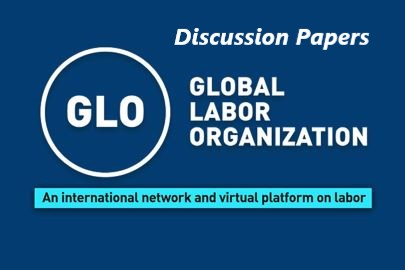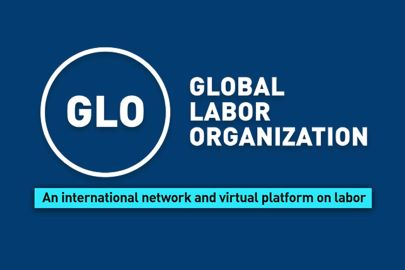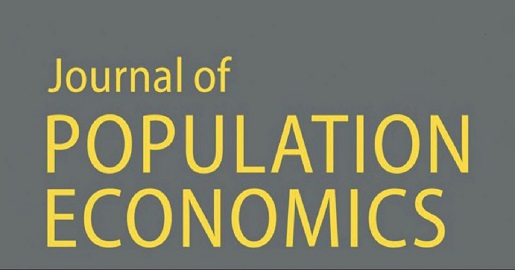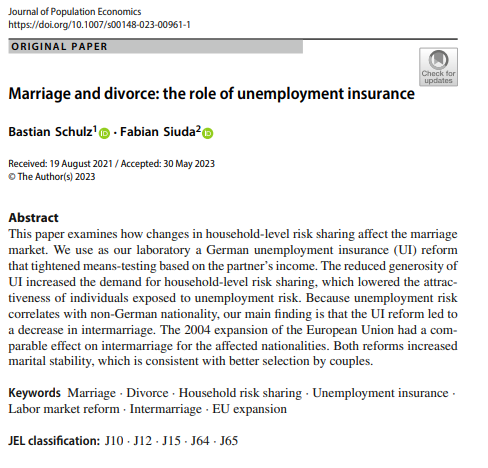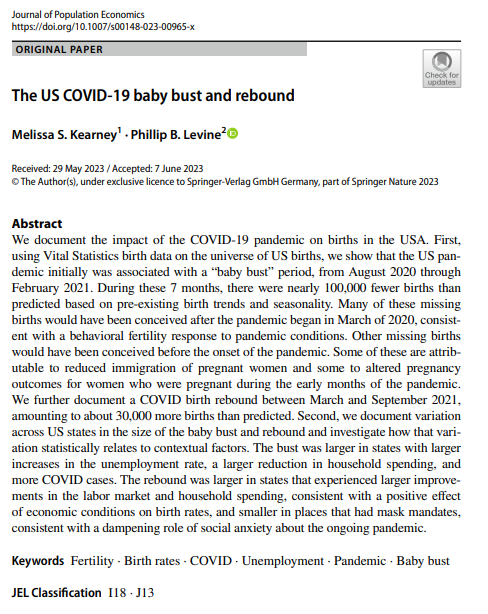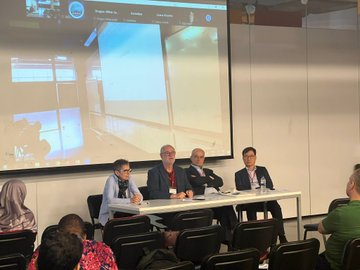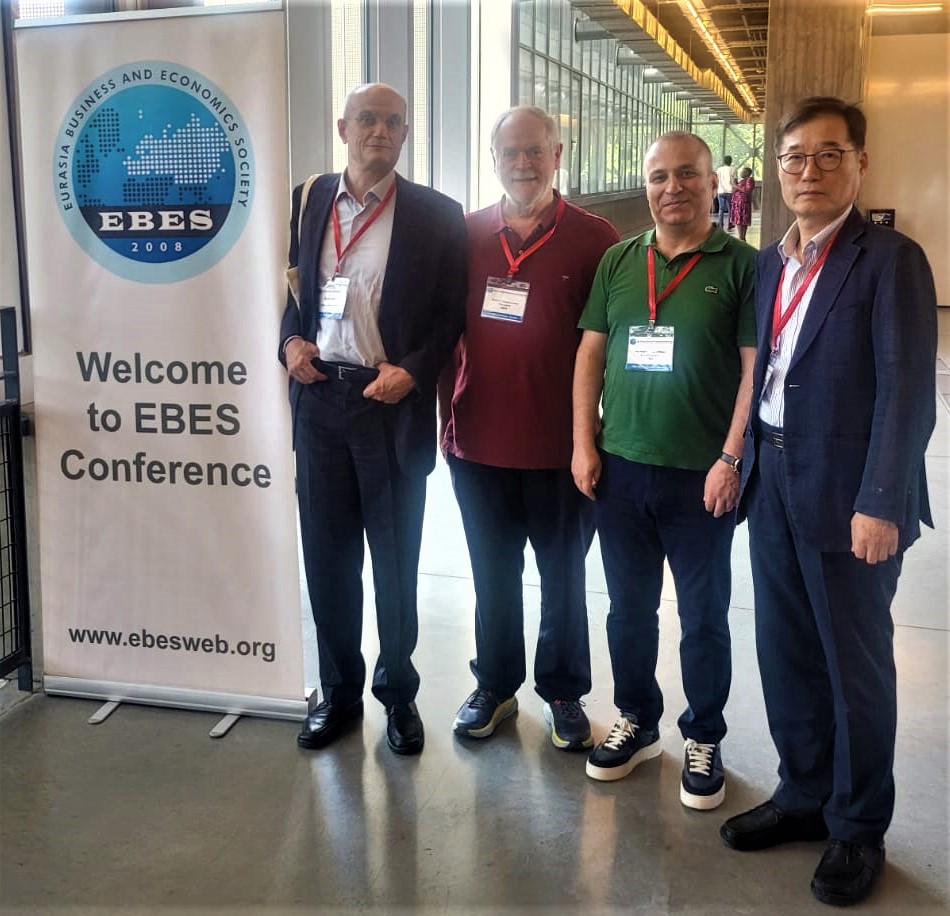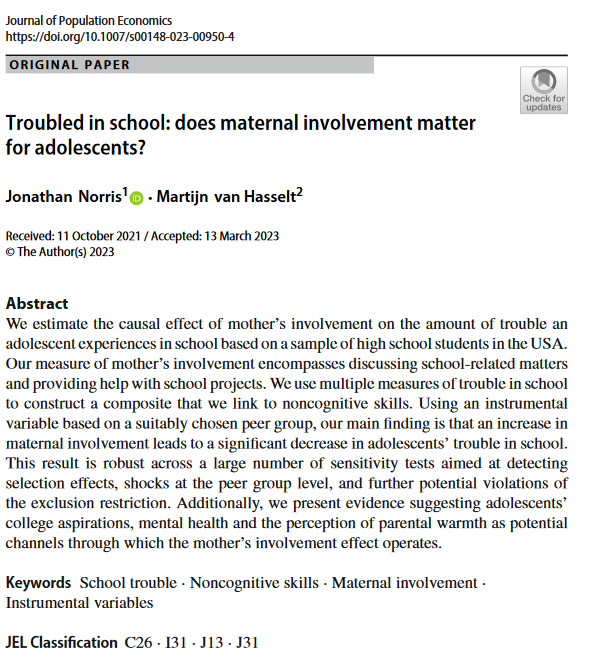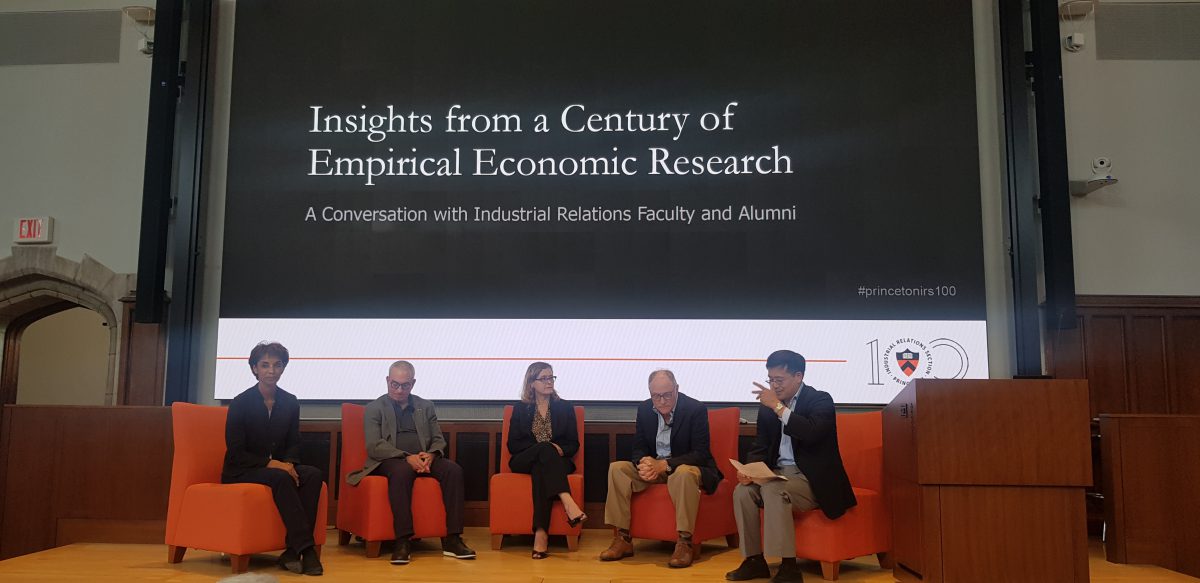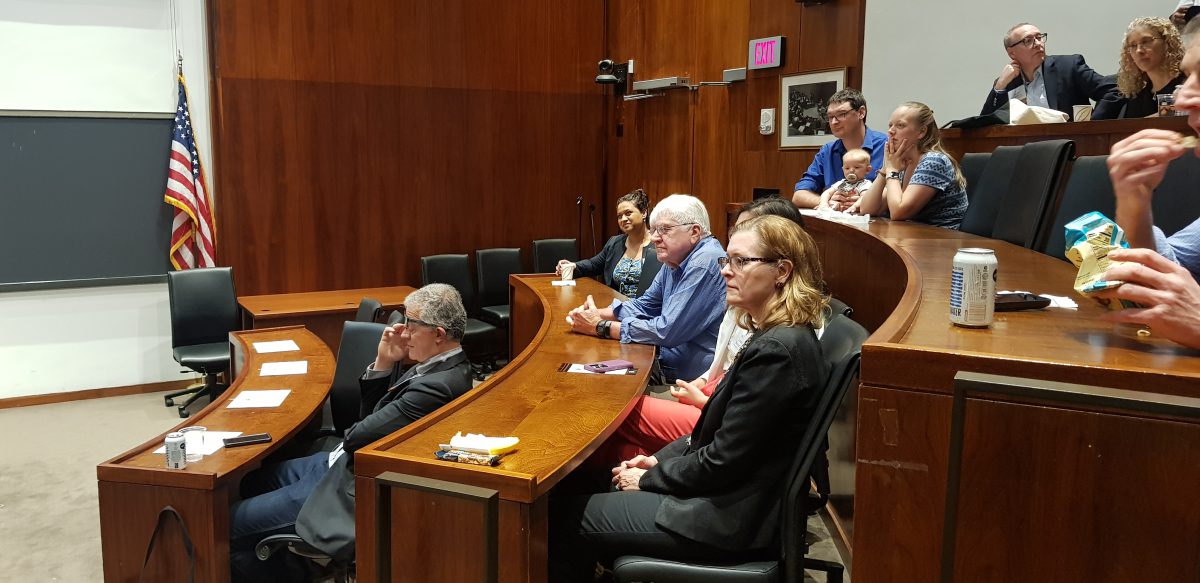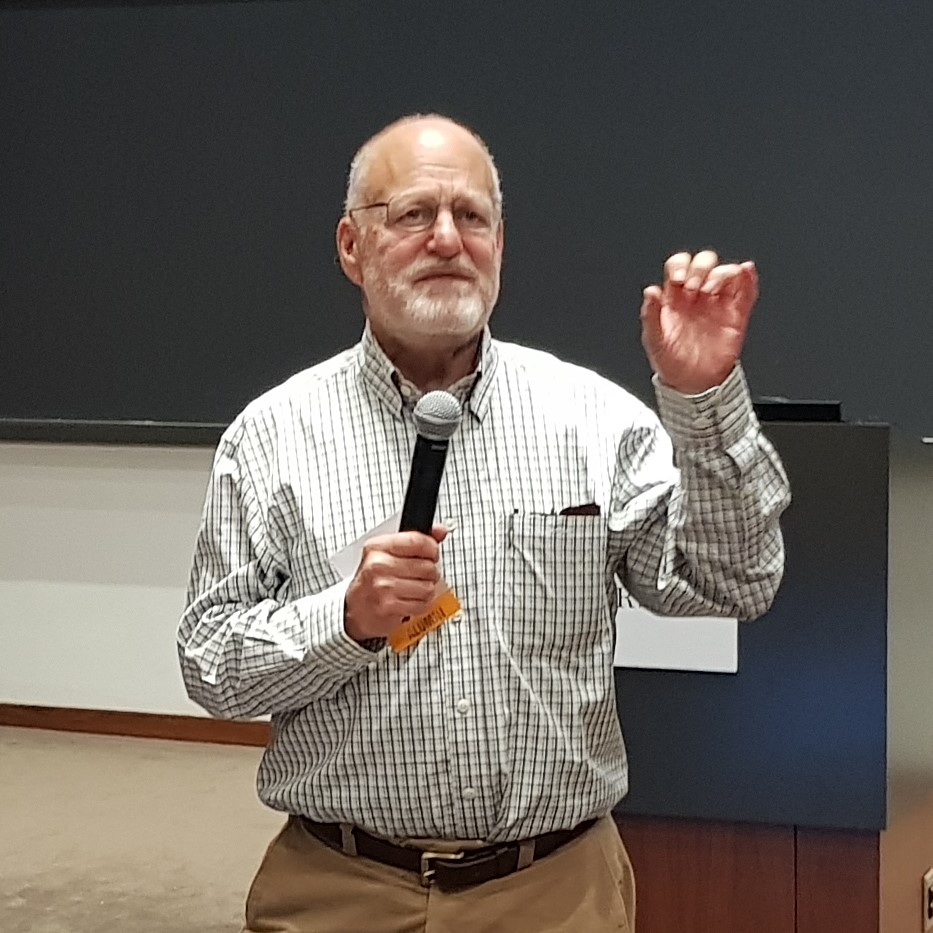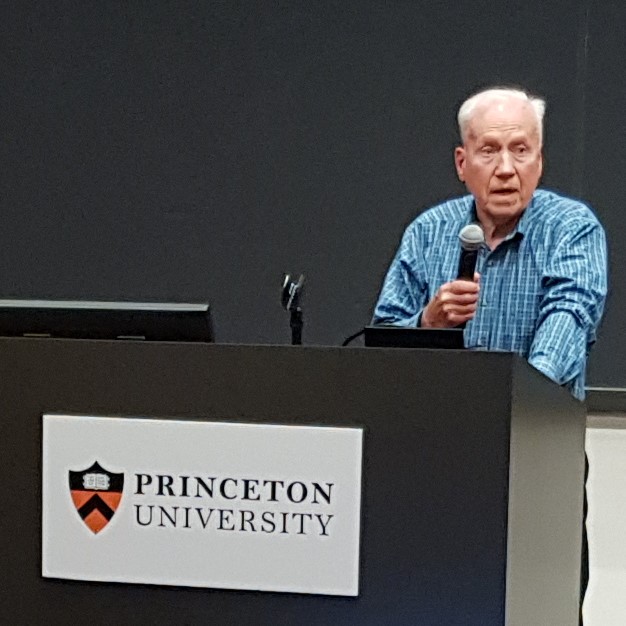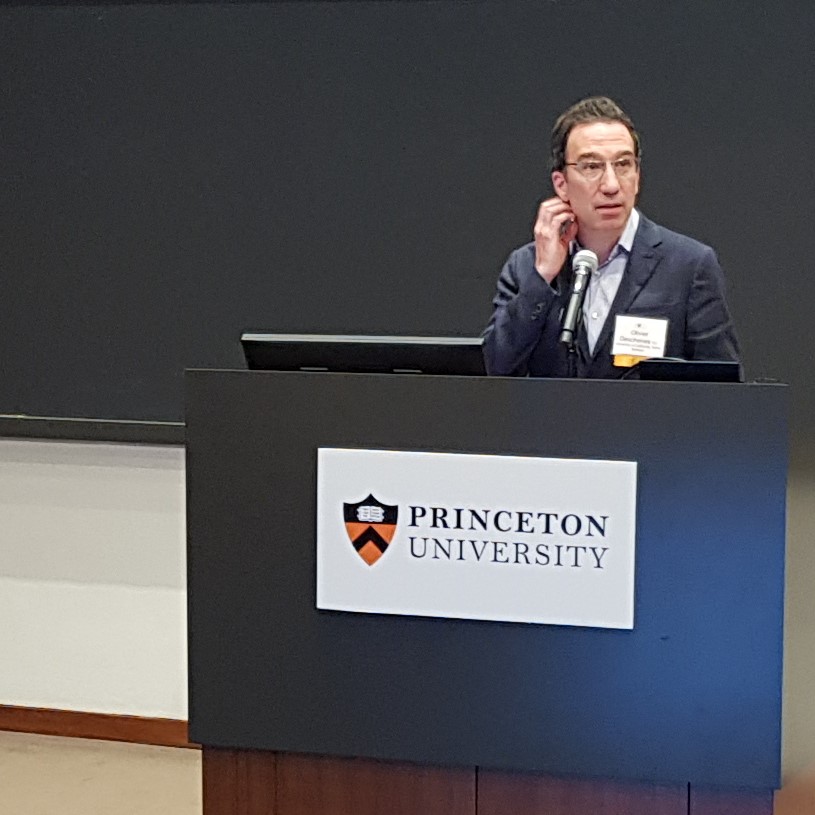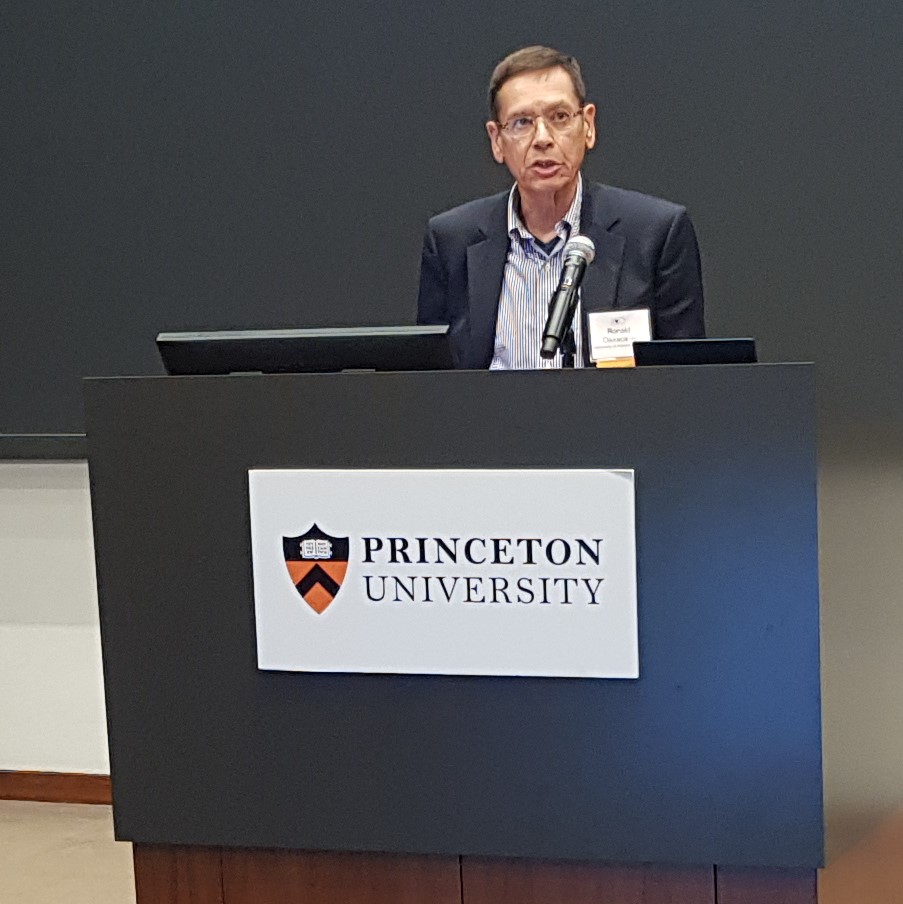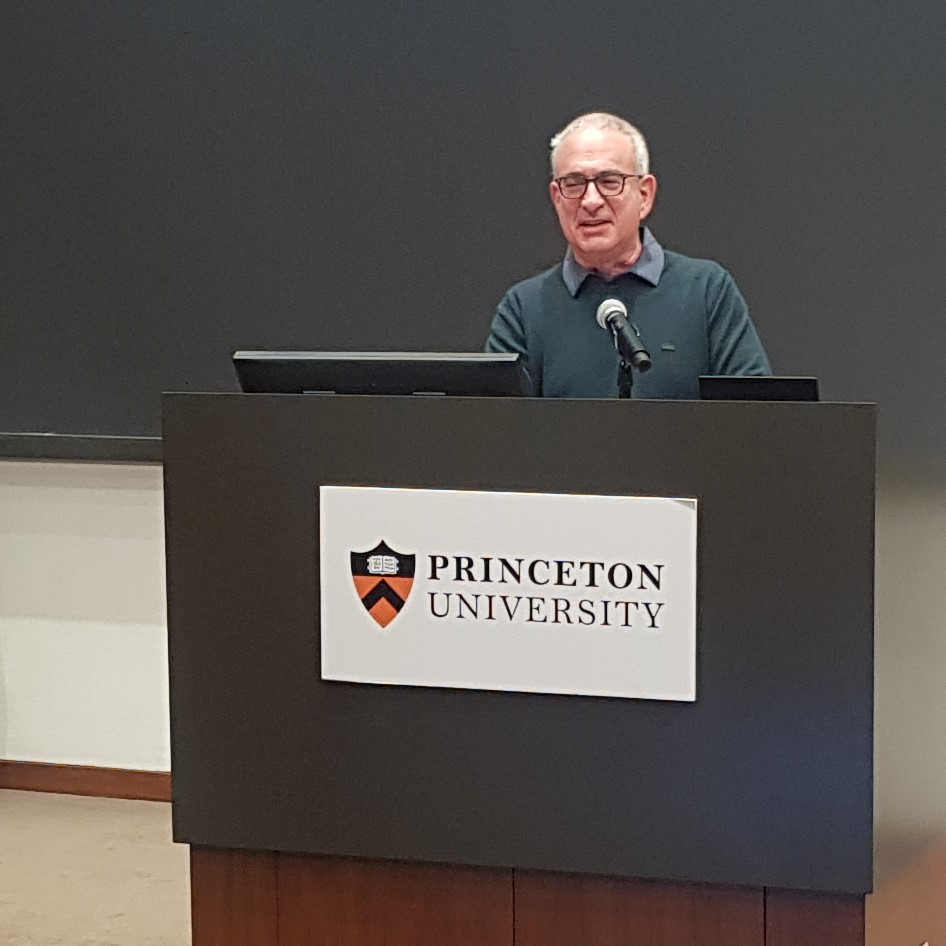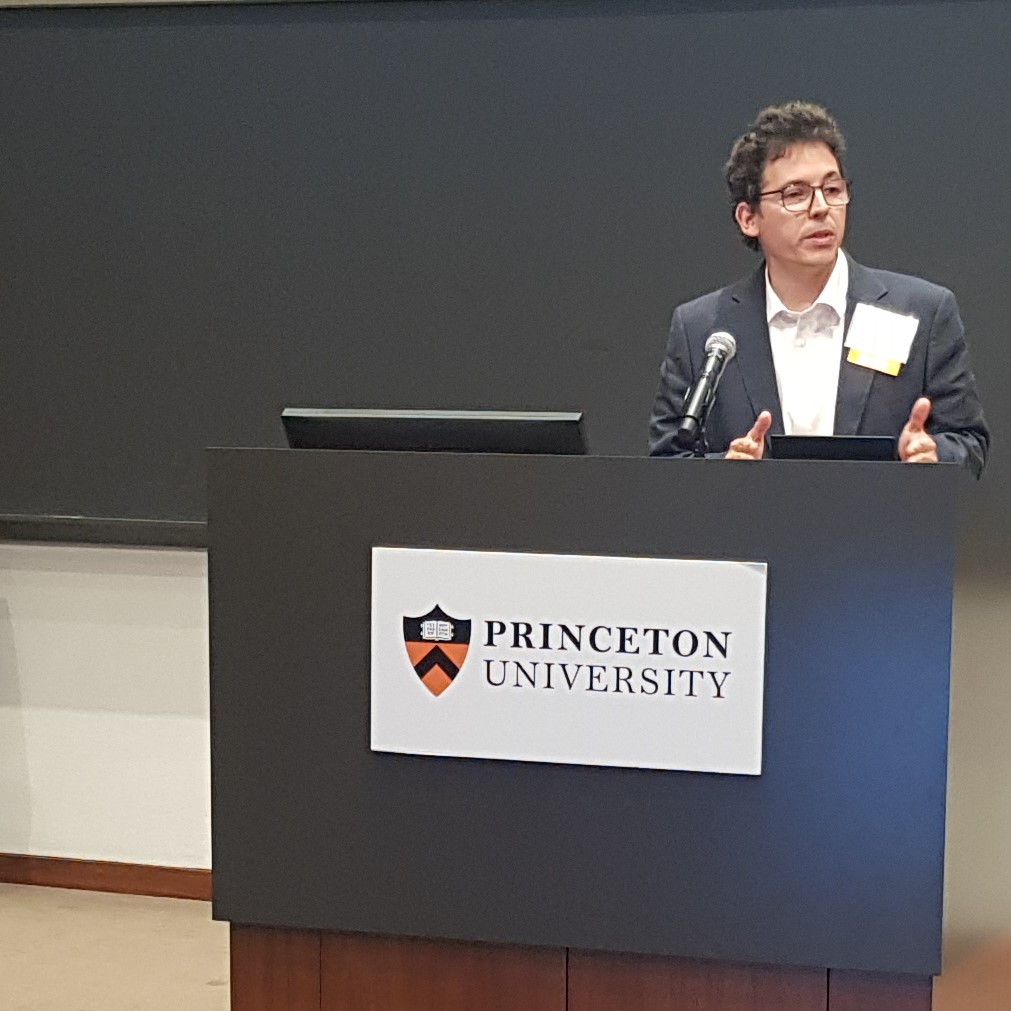The new GLO Discussion Paper shows that the results of the standard empirical approach are biased.
GLO Discussion Paper No. 1301, 2023
In utero shocks and health at birth: The distorting effect of fetal losses – Download PDF
by Hajdu, Tamás
GLO Fellow Tamás Hajdu
Author Abstract: Research on the effect of in utero shocks on health at birth may be influenced by in utero selection. This study outlines a conceptual framework and shows that the results of the standard empirical approach are biased if (i) the exposure changes the probability of fetal death and (ii) health differences exist between deceased and surviving fetuses. Furthermore, an empirical example is provided to illustrate, the potential importance of fetal selection. Examining the impact of heat on birth weight, I find that accounting for fetal selection substantially increases the heat effect compared to the standard approach. These results suggest that incorporating the distorting effect of fetal losses into the estimations may be critical in some cases to provide more informed guidance for public policy.
Journal of Population Economics (JOPE)
JOPE has CiteScore 9.2 (2022, LINK) & Impact Factor 6.1 (2022)
JUST PUBLISHED
Vol. 36, Issue 3, July 2023: 26 articles on: Aspirations and preferences; Environment, Weather, Climate; Family; Fertility; Historical demography; Ageing, pensions, social security; Migration
https://link.springer.com/journal/148/volumes-and-issues/36-3
CALL FOR PAPERS
JOPE invites paper submissions for the following collections:
– Abortions
– Covid-19 and diseases
– Lifecycle fertility models
– Sexual and domestic violence
– Sexuality including LGBT issues
– Statistics & measurement of population economics
For more details and for examples of already published papers in these collections see:
https://glabor.org/collections-journal-of-population-economics-invites-paper-submissions-in-six-research-areas/
https://link.springer.com/journal/148/collections
JOPE Collections are a set of published papers on issues of significant relevance for the journal. Authors are continuously invited to submit their related work for evaluation stating their specific interest to contribute in the submission cover letter. JOPE Editors will treat those submissions with particular interest and speedy handling. Articles will be immediately published after final acceptance.

GLO Discussion Papers are research and policy papers of the GLO Network which are widely circulated to encourage discussion. Provided in cooperation with EconStor, a service of the ZBW – Leibniz Information Centre for Economics, GLO Discussion Papers are among others listed in RePEc (see IDEAS, EconPapers). Complete list of all GLO DPs – downloadable for free.
The Global Labor Organization (GLO) is an independent, non-partisan and non-governmental organization that functions as an international network and virtual platform to stimulate global research, debate and collaboration.
Ends;

